There are numerous scenarios that can be brought to family courts in Pennsylvania related to child custody or visitation. A parent’s interference with either of these court-ordered rights could range from simple inconvenience to criminal action based on how a custody or visitation agreement is worded and the actions taken by the offending party. Communication and documentation are crucial for addressing these problems personally before taking legal action.
Many interference issues are simply matters involving a lack of attention to detail. For example, a parent might always arrive late to pick up or drop off a child on a visitation weekend. A crucial first step in dealing with this issue is communicating with the other party to inform them of the difficulties created for the child. In some cases, a conversation may be enough to prompt change. In other cases, it might be helpful to work through one’s lawyer to emphasize the importance of the matter. A mediator might be helpful for assisting parents in resolving these and other concerns related to a parenting agreement.
A parent’s violation of times is not necessarily grounds for legal action, but not returning a child after a scheduled time of visitation could be a violation of parental rights that is enforceable by law. In some cases, emergencies such as a vehicle breakdown or airport closure might impede prompt return, but the parent dealing with such an emergency can head off problems with the other parent by contacting them with the details. A party intentionally failing to return children to a custodial parent could be faced with kidnapping charges.
An individual who is uncertain about how to proceed in dealing with a parenting dispute involving their visitation or custody terms might find it helpful to schedule a meeting with a lawyer to discuss the matter. A parenting plan should be filed with the courts to ensure that violations can be legally enforced.


